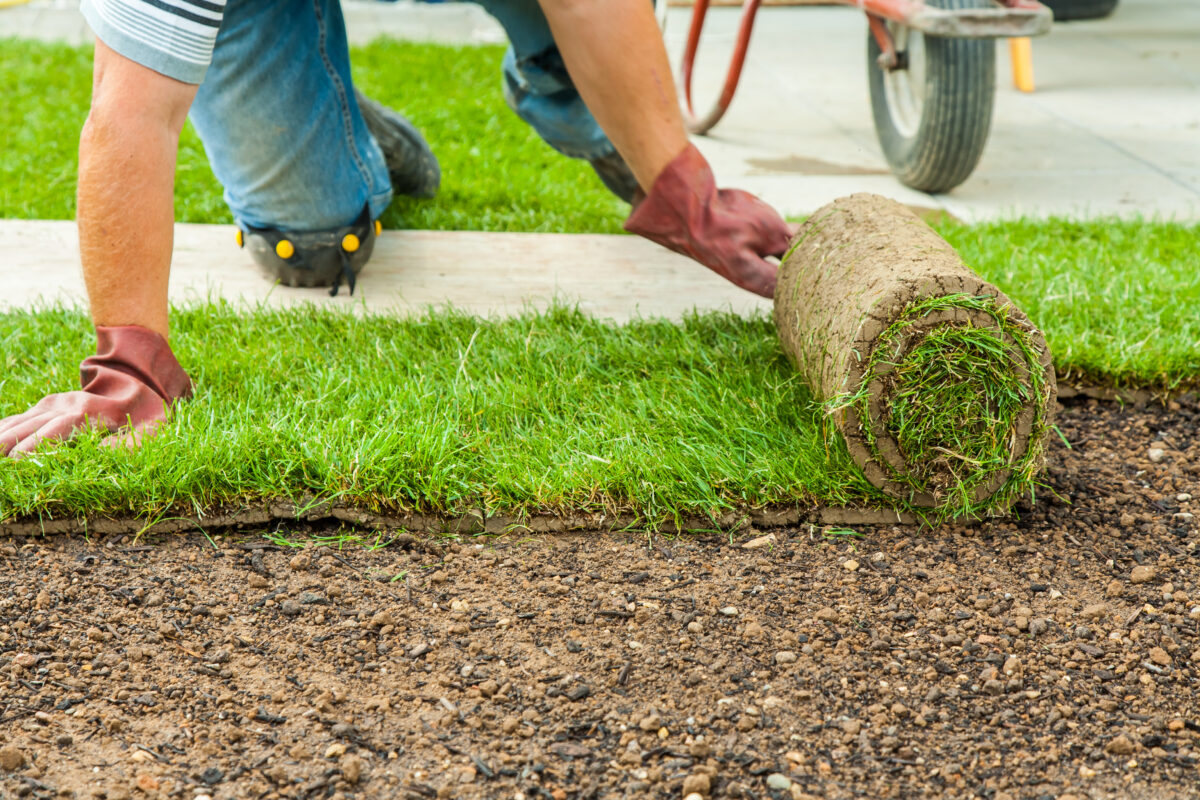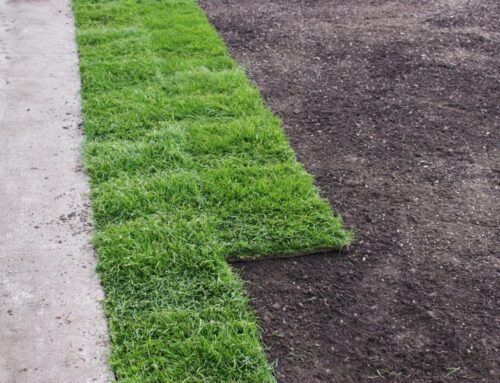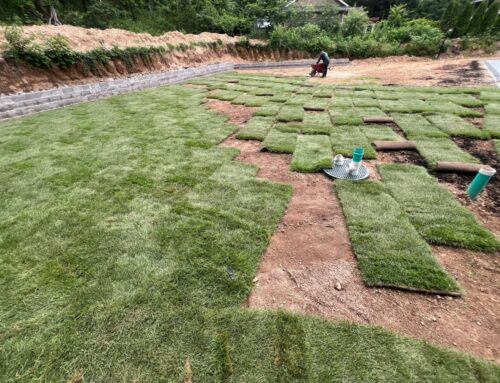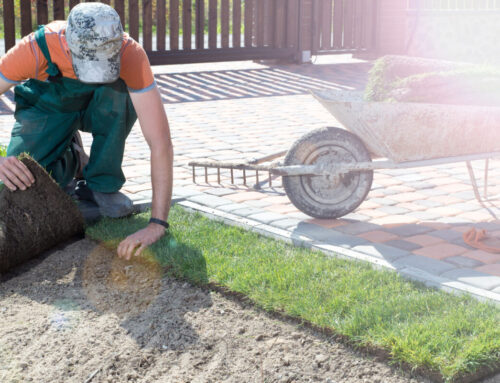Ordering sod for your yard might seem straightforward—until you realize you’re not quite sure how much you actually need. Whether you’re in a tight city lot in Essex County or spreading out in a spacious Somerset backyard, accurately estimating your sod needs saves you time, money, and extra trips.
Here’s a simple, step-by-step guide to help New Jersey homeowners calculate how much sod to order—with tips based on our state’s unique yard sizes, soil types, and landscaping quirks.
Step 1: Measure Your Lawn Area
Start by walking your property and measuring the areas you plan to cover. Break them into basic shapes: rectangles, circles, triangles, or irregular sections.
Bring:
- A tape measure or measuring wheel
- Notepad or phone
- A helper if your yard is large
Step 2: Calculate Square Footage
Use the formulas below to find the square footage for each section:
| Shape | Formula |
|---|---|
| Rectangle | Length x Width |
| Circle | 3.14 x Radius x Radius |
| Triangle | (Base x Height) ÷ 2 |
| Irregular | Break Into Smaller Shapes & Add |
Example:
- Front yard: 30 ft × 40 ft = 1,200 sq ft
- Backyard: Circle with 10 ft radius = 3.14 × 10² = 314 sq ft
- Side yard: Triangle, 20 ft base × 15 ft height = 300 ÷ 2 = 150 sq ft
- Total = 1,664 sq ft
Step 3: Add Extra for Waste and Cutting
Always add 5–10% overage to your total. This accounts for:
- Cutting and trimming along walkways, beds, and curves
- Waste due to unusual shapes
- Mistakes or uneven areas
Rule of Thumb:
- Flat, rectangular yard = Add 5%
- Curved or complex yard = Add 10%
In our example:
1,664 sq ft × 1.10 = ~1,830 sq ft of sod needed
Step 4: Understand How Sod Is Sold
Sod is typically sold:
- By the square foot, or
- By the pallet (most pallets cover 450–500 sq ft)
So if you need ~1,830 sq ft, you’d order about 4 full pallets of sod.
At New Jersey Sod Company, we can help you calculate this for you—and our pallets are packed fresh and precisely.
NJ-Specific Tips for Accurate Estimating
Urban/Suburban Yards (Essex, Union, Hudson)
- Smaller lots? Focus on front yard curb appeal first
- Pay close attention to curves, sidewalks, and flower beds
- Consider measuring with Google Maps’ “Measure Distance” tool for tricky layouts
Large Suburban or Rural Yards (Monmouth, Hunterdon, Burlington)
- Split the yard into zones: front, back, sides
- Only sod high-use areas and consider seed for lower-traffic zones
- Remember: slopes = more cutting and trimming = more waste
Landscaping Obstacles
- Subtract areas like patios, driveways, decks, and garden beds
- If unsure, err on the side of ordering slightly more
Use Our Free Online Sod Calculator
To make this easier, we offer a free sod calculator on njsod.com. Just enter your measurements, and it’ll:
- Automatically calculate square footage
- Factor in waste
- Recommend how many pallets to order
It’s a quick, accurate way to eliminate the guesswork, especially if you’re DIY-ing your lawn.
Pro Tip: Don’t Overestimate Just to “Be Safe”
It’s tempting to over-order “just in case,” but unused sod can’t be stored. It dries out quickly and becomes unusable after 24–48 hours.
If you’re unsure, give us a call. We’ll help you order just enough, and can even arrange split deliveries if needed.
Final Step: Place Your Order with Confidence
At New Jersey Sod Company, we help homeowners get the right amount of sod—delivered fresh and fast—so your project goes smoothly from day one. Whether you’re covering 500 sq ft or 5,000+, we’re here to make the process simple.
📞 Call us today with your measurements
🌐 Or use our sod calculator tool to get started in minutes





